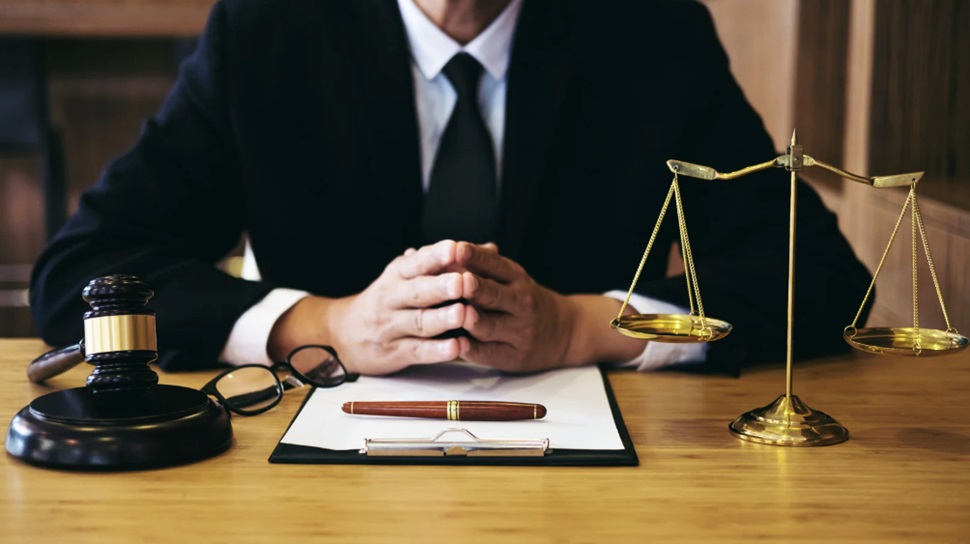Navigating the juvenile justice system can be a daunting experience for both young individuals and their families. Juvenile cases require a unique approach, as the goals of rehabilitation and second chances often take precedence over punishment. Securing the right legal support is essential, especially when dealing with serious allegations. A criminal lawyer in Minneapolis plays a vital role in ensuring a juvenile’s rights are upheld and that the legal process supports long-term well-being.
Understanding the distinct responsibilities of criminal lawyers in these cases helps highlight their value in achieving fair outcomes.
Key Responsibilities of Juvenile Defense Lawyers
Juvenile defense lawyers handle a range of duties that go beyond traditional legal representation.
They first ensure the minor understands their rights and the proceedings. These lawyers also investigate the circumstances surrounding the charges, gather evidence, and work to dismiss or reduce charges when possible. An experienced attorney will advocate for alternatives to detention, such as community service, counseling, or diversion programs, all aimed at preventing a criminal record from disrupting a young person’s future.
Avoiding Harsh Sentences Through Strategic Defense
A critical aspect of defending juveniles is the ability to reduce or eliminate jail time through strategic legal planning. Understanding how a criminal defense lawyer can help you avoid jail time, defense attorneys can negotiate with prosecutors to reach favorable plea deals or propose rehabilitative measures that meet the court’s objectives without resorting to incarceration.
This approach is particularly important in juvenile cases, where the focus should be on development rather than punishment.
Selecting the Right Representation
Finding the right legal counsel is fundamental to protecting a minor’s future. While experience in criminal law is crucial, familiarity with juvenile law procedures is equally important. Parents and guardians should evaluate an attorney’s past success in similar cases and their ability to communicate effectively with both the child and the family.
Often, understanding how to choose the right criminal defense attorney for your case comes down to aligning legal expertise with empathy and strategic advocacy.
The Impact of Legal Support on a Child’s Future
A juvenile record can have lasting consequences, potentially affecting education, employment, and even housing opportunities. Criminal defense attorneys play a pivotal role in mitigating these impacts by fighting for outcomes that include record sealing or expungement. They also provide guidance for behavioral improvement and accountability, reinforcing positive change beyond the courtroom.
Having a trusted legal advocate can also ease the emotional burden on families and create a structured path forward during an otherwise chaotic time.
Conclusion
Criminal lawyers serve as a critical safeguard for minors navigating the complexities of the justice system. Their knowledge of the law, ability to negotiate alternatives, and commitment to a child’s long-term success can dramatically alter the trajectory of a juvenile case. From minimizing sentencing to offering guidance for rehabilitation, their role is integral in ensuring young individuals have the opportunity to grow beyond their mistakes.
More importantly, a skilled juvenile defense lawyer not only fights legal battles but also acts as a mentor, advocate, and protector during a pivotal phase in a young person’s life. Their guidance can mean the difference between a lifelong record and a second chance to rebuild. For families facing the uncertainty of juvenile charges, having the right legal support offers reassurance, direction, and, most importantly, hope for a brighter future.


